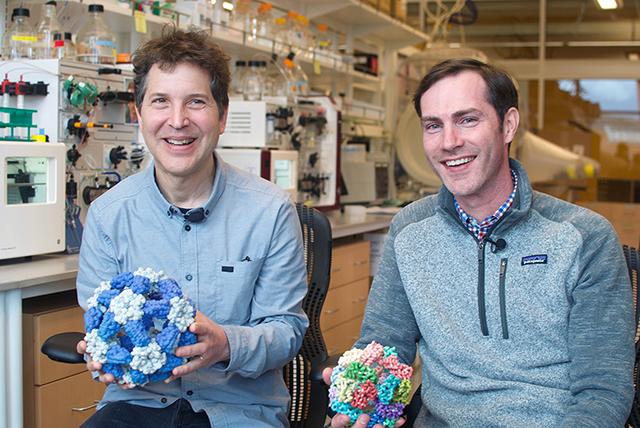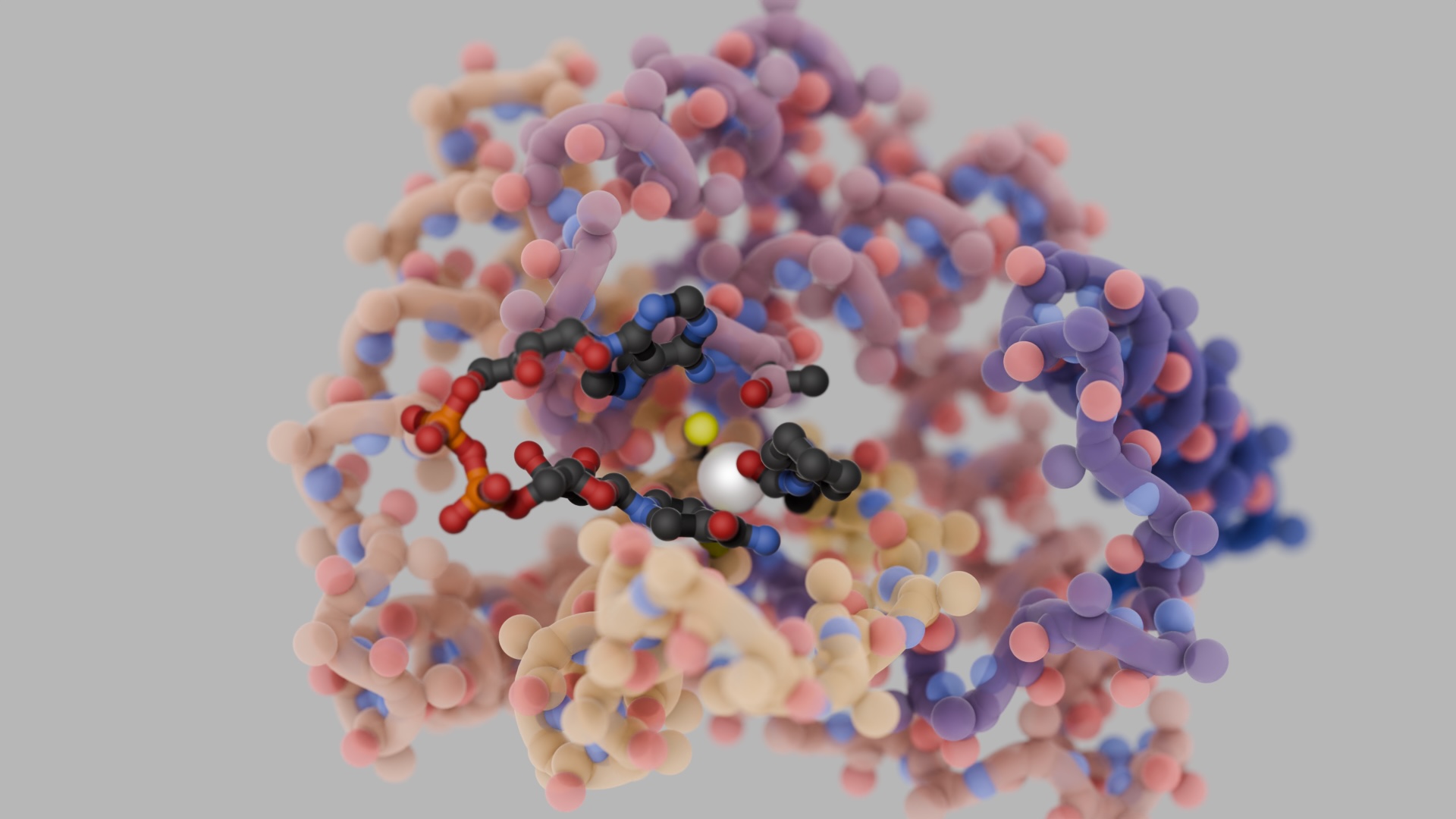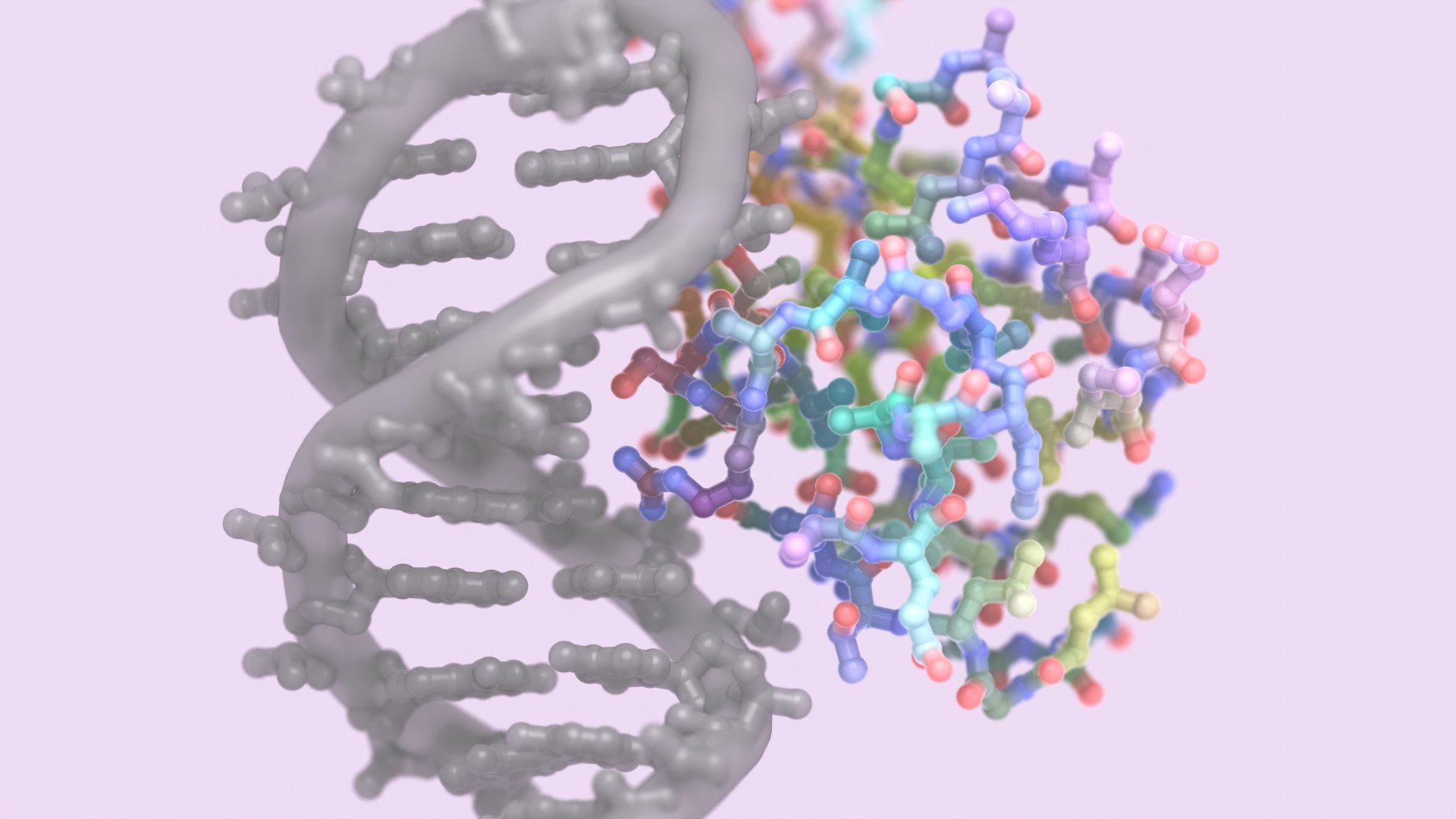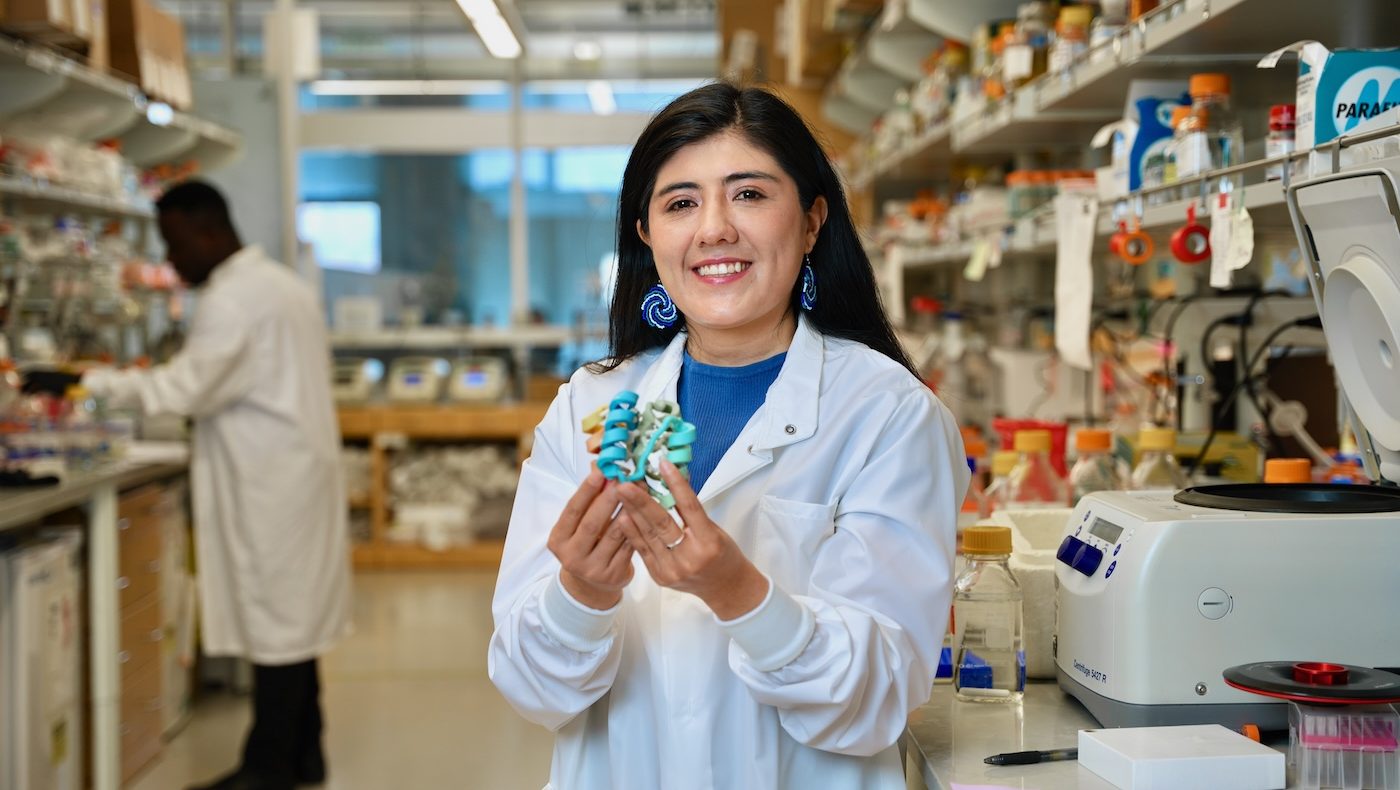Today we learned that Icosavax, a Seattle-based vaccine design company born from innovative research conducted here at the Institute for Protein Design, will be acquired by AstraZeneca in a deal worth up to $1.1 billion.
“This is a significant moment for the UW School of Medicine, showcasing how fundamental research can lead to groundbreaking technologies that stand to benefit the world,” said Tim Dellit, CEO of UW Medicine, the Paul G. Ramsey Endowed Dean of the UW School of Medicine and the university’s executive vice president for medical affairs.
According to the UK-based drug maker, the planned acquisition will strengthen AstraZeneca’s late-stage vaccine development pipeline, with Icosavax’s lead vaccine candidate, IVX-A12, now poised to become the first-in-class, Phase III-ready, combination vaccine targeting two major respiratory viruses that burden older adults and those with certain chronic illnesses.
A Breakthrough in Vaccine Development
Launched in 2017 with Neil King and David Baker as scientific co-founders, Icosavax was formed in our Translational Investigator Program with support from the UW innovation office CoMotion. The company’s approach, based on computationally designed self-assembling protein nanoparticle technology developed here, leverages significant new capabilities in how vaccines can be constructed at the molecular level.
“We’re thrilled that vaccine technology developed at our public university may soon protect many people from respiratory disease.”
Neil King, head of vaccine design at the Institute for Protein Design and assistant professor of biochemistry at UW Medicine
King led early research on designed protein self-assembly as a postdoctoral scholar in the Baker Lab and helped this technology platform mature as an IPD Translational Investigator.

Protein nanoparticles mimic the round shape of natural viruses and can be decorated with key viral fragments, yielding custom vaccine components capable of triggering robust protective immune responses. This novel vaccine science not only promises to enhance efficacy but may also minimize some of the side effects of vaccination, as seen by ongoing research from the King Lab.
Our protein nanoparticle technology used by Icosavax has already produced a licensed vaccine product. The COVID-19 vaccine SKYCovione, developed by the King and Veesler Labs at UW Medicine and advanced into the clinic by our collaborators at SK Bioscience, is the world’s first computationally designed protein-based medicine.
Icosavax’s flagship vaccine candidate, IVX-A12, targets respiratory syncytial virus (RSV) and human metapneumovirus (hMPV), two sources of respiratory illness that today lack effective countermeasures.
Future Prospects
AstraZeneca’s acquisition of Icosavax isn’t just a financial transaction; it’s a strategic move to harness the potential of protein design and a testament to the value and promise of the innovations nurtured at our Institute.
“Vaccines have the greatest public health impact of any medical intervention. To see our research applied in such a way shows the impact protein design can have on some of the world’s greatest problems,” said Lynda Stuart, executive director of the Institute for Protein Design.





